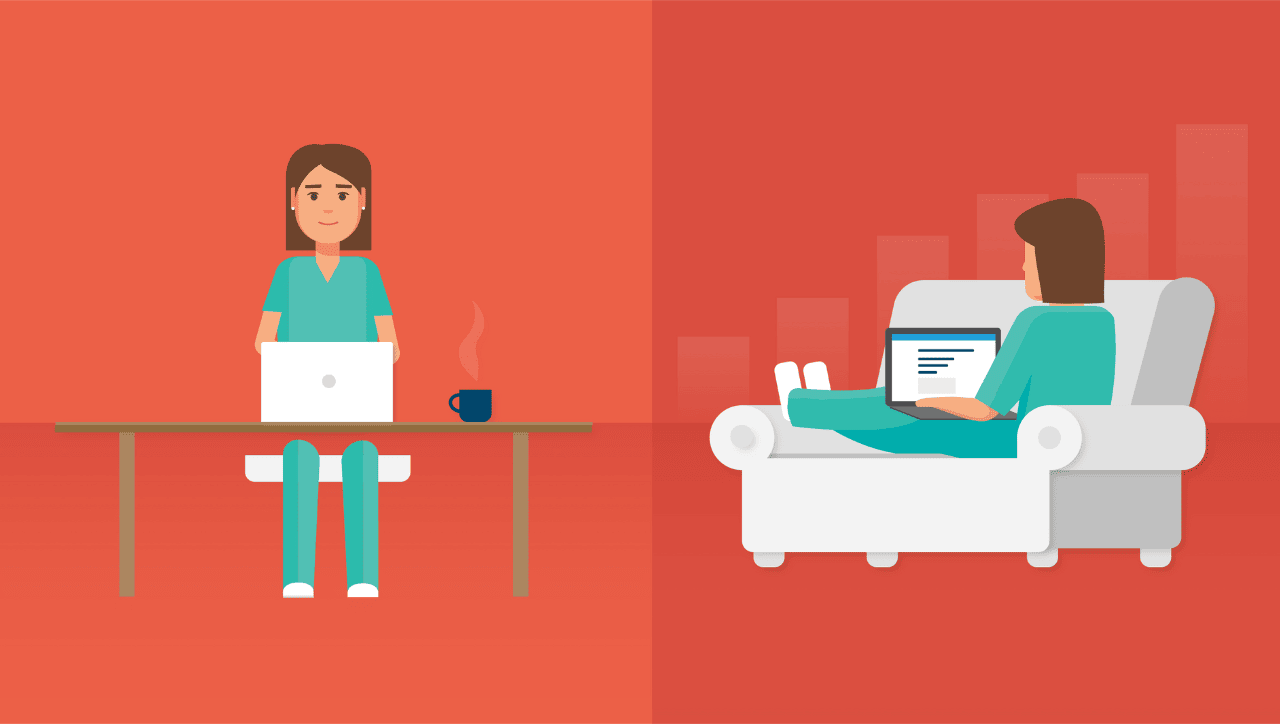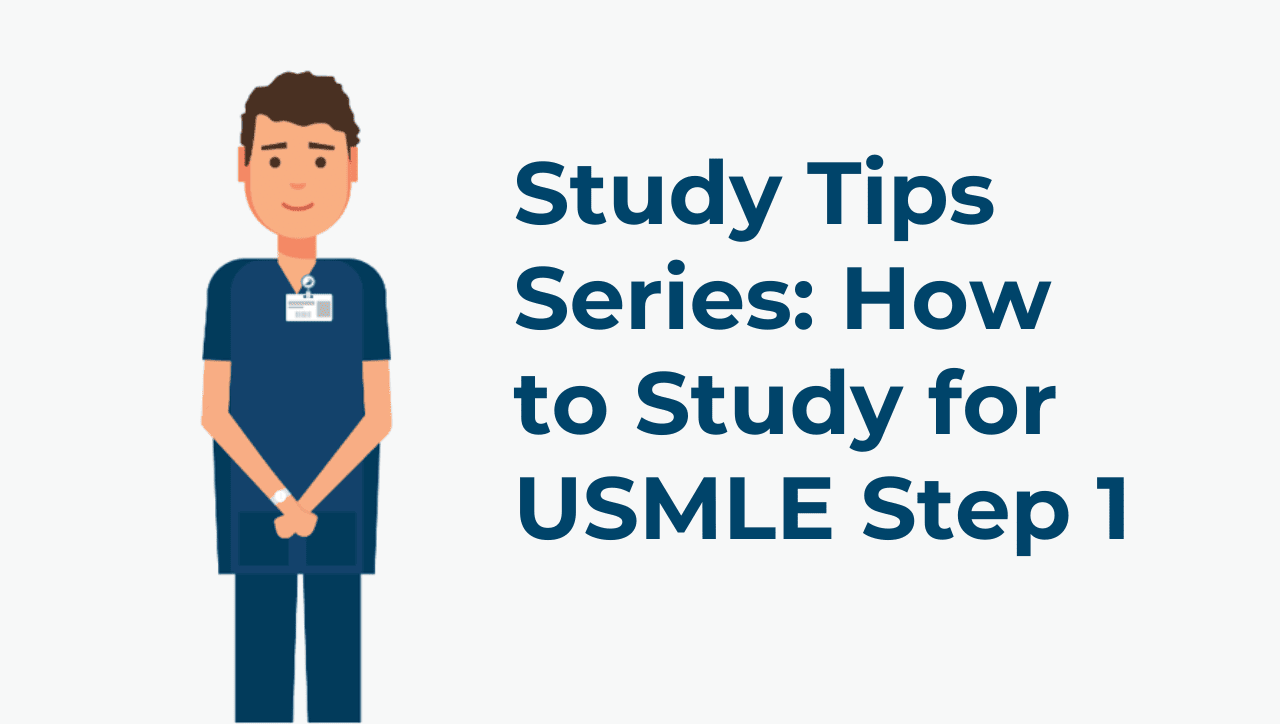What You Need to Know: Surgery Shelf Exam Breakdown
NBME Subject Examinations are used to assess a medical student’s knowledge at the end of their course or clerkship. The Surgery Shelf exam has a reputation amongst medical students for being one of the most challenging NBME subject exams. It’s intimidating—beyond surgery, the exam covers pre-op, post-op, surgical care, and necessary trauma management.
The exam is administered by the National Board of Medical Examiners (NMBE), an organization that co-owns the United States Medical Examination (USMLE) program with the Federation of State Medical Boards (FSMB).
With the right preparation, students completing their surgery rotation don’t have to stress over the Surgery Shelf. Build the confidence you need to pass with our Surgery Shelf exam breakdown; we’ll cover everything from what you can expect on the exam to how to study.
Surgery Shelf Subject Breakdown
The exam is multiple-choice. To know what to study for the Surgery Shelf exam, you should follow the content outline closely.
- Systems:
- Immune System (1–5%)
- Blood & Lymphoreticular System (5–10%)
- Nervous System & Special Senses (5–10%)
- Skin & Subcutaneous Tissue (1–5%)
- Musculoskeletal System (3–7%)
- Cardiovascular System (10–15%)
- Respiratory System (8–12%)
- Gastrointestinal System (20–25%)
- Renal & Urinary System (3–7%)
- Female Reproductive System & Breast (3–7%)
- Male Reproductive System (1–5%)
- Endocrine System (3–7%)
- Multisystem Processes & Disorders (5–10%)
- Social Sciences (1–5%)
- Medical ethics and jurisprudence
- Issues related to death and dying and palliative care
- Physician Tasks:
- Applying Foundational Science Concepts (8–12%)
- Diagnosis: Knowledge Pertaining to History, Exam, Diagnostic Studies, & Patient Outcomes (50–60%)
- Site of Care:
- Pharmacotherapy, Intervention & Management (30–35%)
- Ambulatory (35–40%)
- Emergency Department (25–35%)
- Inpatient (30–35%)
- Patient Age:
- Birth to 17 (8%–12%)
- 18 to 65 (60%–70%)
- 66 and older (20%–25%)
How Long is the Surgery Shelf Exam?
Including the 15-minute exam tutorial, the Surgery Shelf exam is 3 hours long. There are 110 multiple-choice items on the exam.
How to Study for Surgery Shelf
1. Practice with TrueLearn’s SmartBank
TrueLearn’s Smartbank for USMLE Step 2 CK and Shelf Exams is an especially helpful study tool for the Surgery Shelf exam. With TrueLearn, you can study with NBME practice questions and high-quality explanations, simulate the test environment, and create custom quizzes. The real-time performance dashboard also allows you to view your strengths and weaknesses to refine your study approach.
2. Focus on weak areas of study
Practice exams and questions can confirm your current level of knowledge, but they should also be tools to highlight and tackle your weak points. Rather than reassuring yourself of what you already know, use practice exams to focus on weak areas of study and map how your knowledge progresses over time.
3. Stick to a long-term study regimen
A long-term study plan is a must for optimizing your time, maximizing recall, and ensuring knowledge retention. Avoid creating a study plan just weeks before your Shelf exam. Instead, pace your study regimen over the span of a few months and tackle practice questions in shorter study increments to avoid cramming.
4. Remember your clinical experience
Hands-on experience shouldn’t be forgotten when taking your Surgery Shelf exam. You’ll find that situational questions may relate to what you’ve learned in clinical rotations. Think back on your clinical experiences and ask yourself how you would approach care as you review Surgery Shelf questions.
What Happens if You Fail?
What happens if you fail the Surgery Shelf exam depends on your institution’s policies. Oftentimes, a program will allow you to retake the exam and defer your clinical rotation grade until your retake exam is scored. Other programs may require remedial classes. Either way, if you fail your second attempt, it likely will affect your final grade and result in you failing your rotation.
If you get to retake the exam, don’t make the same mistake twice. Assess what went wrong the first time around and adjust accordingly.


